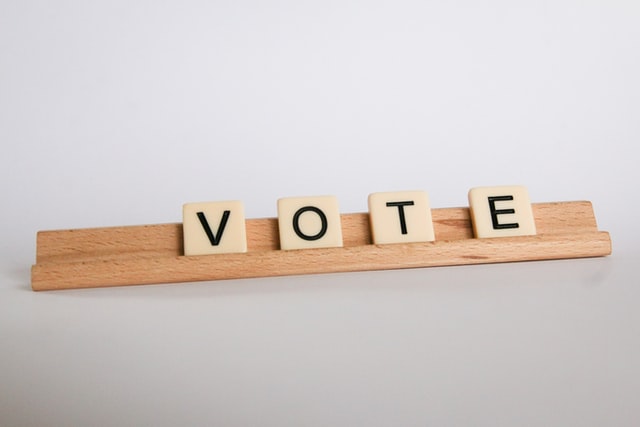In this article, we’ll cover the basics of the Freedom to Vote Act, including what it is, who it protects, and its impact on the integrity of elections. In addition, you’ll learn more about how it protects nonpartisan electors and minorities. Lastly, we’ll talk about how it affects election integrity. You’re in for a treat if you haven’t read it yet.
Information about the Freedom to Vote Act
The Freedom to Vote Act is currently being debated in Congress in Congress right now. The bill seeks to expand all Americans’ access to the ballot box and neutralize the effects of partisan gerrymandering and dark money. It builds on the landmark For the People Act passed in 2006 and came on the heels of the passage of restrictive voting bills in 43 states in 2021 and record-setting secret spending during the 2020 election cycle.
The Freedom to Vote Act makes it illegal to interfere with voting or help another person do so. The law also increases federal criminal penalties for voter intimidation. It also prohibits paying another person not to vote. Similarly, the bill extends federal prohibitions against force, threats, and coercion against election workers. It also protects against voter fraud. These laws help to ensure that all eligible citizens can vote in every election.
Protections for minorities
The federal government has extended the protections provided under the Freedom to Vote Act four times since 2006. A Republican president signed the last extension. But this case undermines one of the most influential voting protections. Because the legislation eliminates the requirement for state pre-approval voting laws, states can pass discriminatory voting laws quickly. The Justice Department has blocked the law in South Carolina, citing that it discriminates against minority voters.
The Act forbids voting discrimination based on race, ethnicity, or language. Poll levies and voter literacy tests are likewise prohibited. It requires the creation of a statewide voter registration database as well as procedures for provisional ballots. The Freedom to Vote Act is one of the most critical pieces of legislation protecting Americans. Lawmakers often overlook it.
Protections for nonpartisan electors
Senator Amy Klobuchar, a Democrat from Minnesota, is co-sponsoring the new legislation, which includes essential election integrity reforms. The bill would make voting easier for American citizens, improve access to the ballot, and protect our democracy from relentless attacks. The Freedom to Vote Act builds on prior efforts to improve election standards, including Joe Manchin’s landmark voting rights legislation.
The bill would have made it a crime to interfere with or fail to report the results of a vote count, which would allow nonpartisan election officials to sue for damages. It would also require election officials to keep a paper record trail of every ballot and set cybersecurity standards for election machines. Earlier this year, the House and Senate failed to pass similar legislation, which would have provided more voter protections.
The Freedom to Vote Act contains many provisions similar to the For the People Act, such as protections for election officials. However, the Act is significantly more expansive than the For the People Act and aims to address issues not anticipated when the bill was first introduced. Also, the Freedom to Vote Act does not need independent commissions to draw congressional districts, another provision of For the People Act.
Impact on election integrity
The Freedom to Vote Act would create a national standard for voter registration and eliminate partisan gerrymandering. It would also give the courts more power to void gerrymandered maps and ban states from conducting mid-decade redistricting, which was used to benefit Republicans in 2003 in Texas. In addition, it would require state legislatures to post proposed maps online and allow public comments.
FTVA would also prevent states from adopting anti-voter measures. Instead, it would require states to expand the list of acceptable forms of identification, offer same-day registration, and make voting easier at places like motor vehicle departments. It would also outlaw partisan gerrymandering, limit the use of dark money by political action committees, and require disclosure of donors for groups spending $10,000 or more.
The Freedom to Vote Act complements the John R. Lewis Voting Rights Act, which protects voters against racial discrimination. It restores full protections from the Voting Rights Act of 1965, the crowning achievement of the civil rights era. In some states, the Act aims to limit the number of people who can vote. Voting rights lawyers can help fight voter suppression laws in court.



